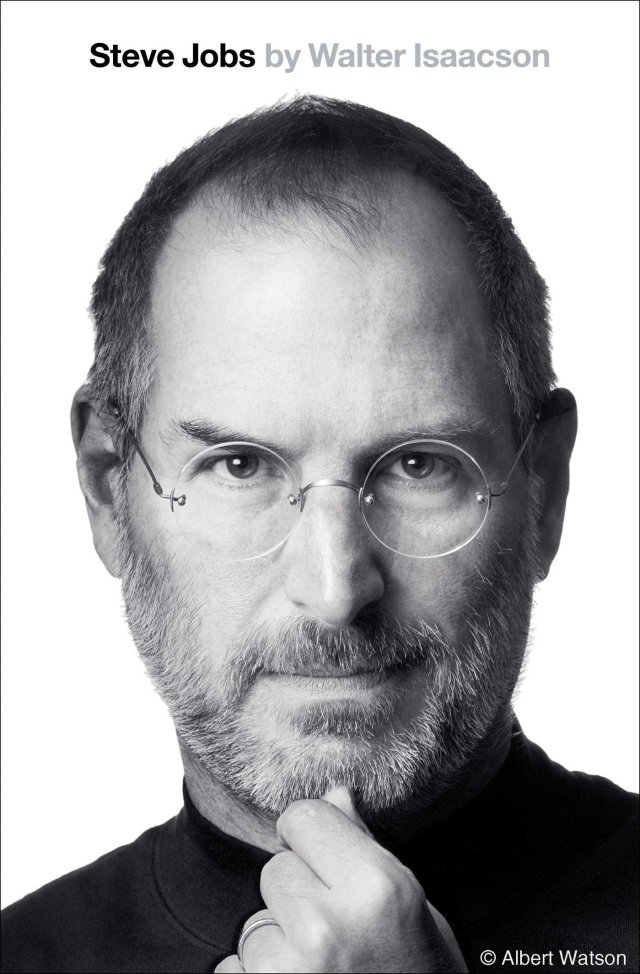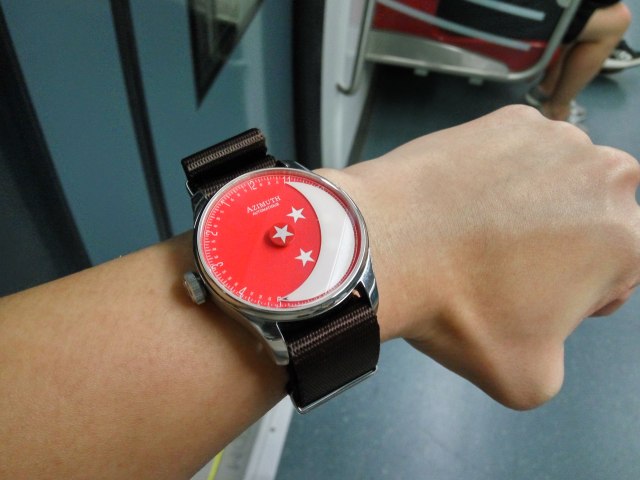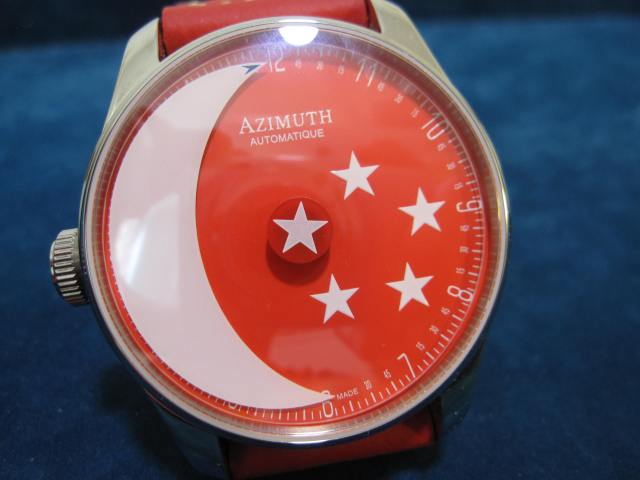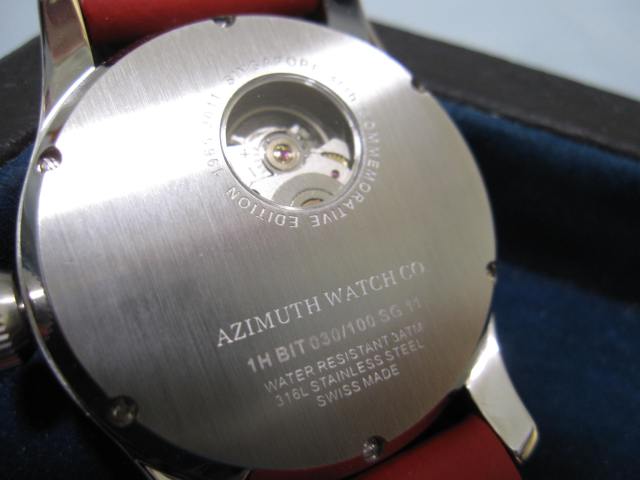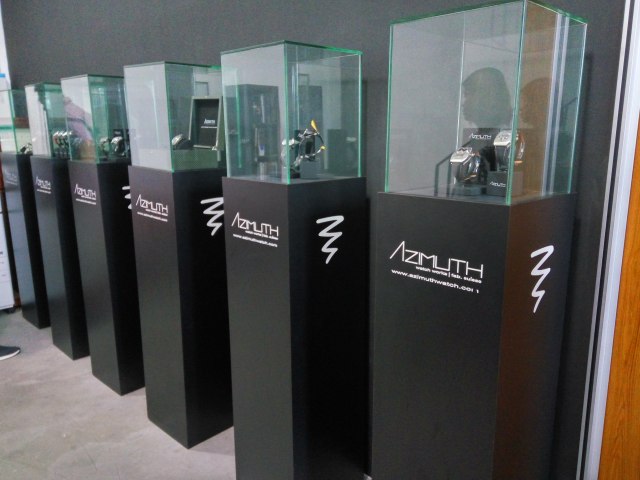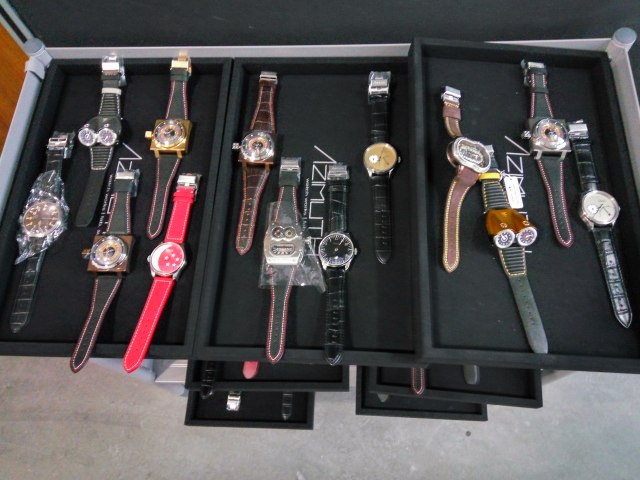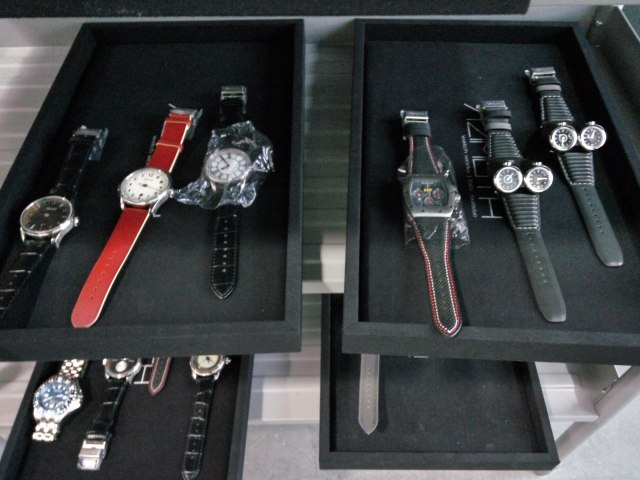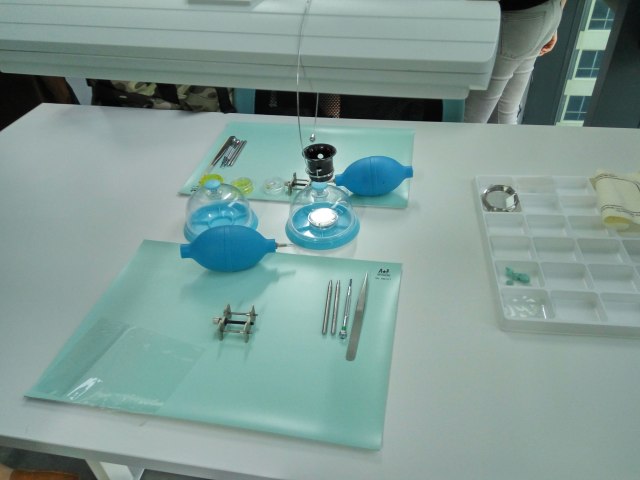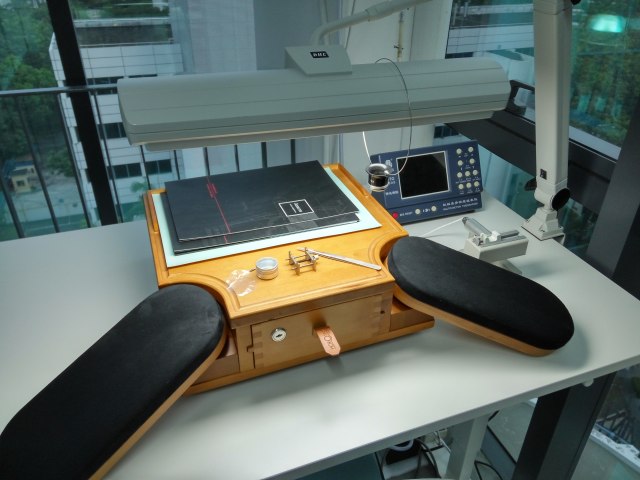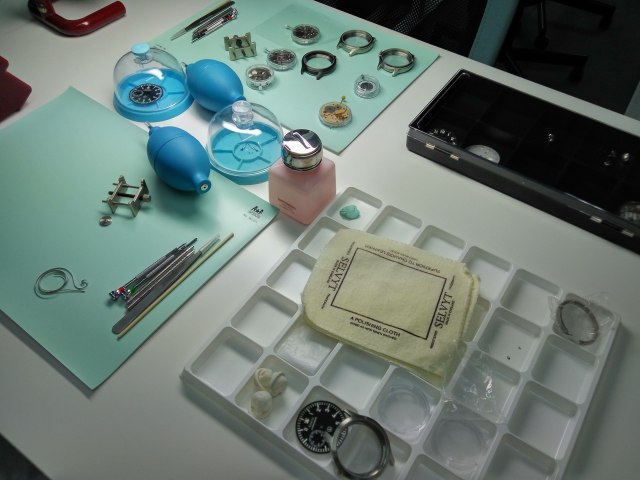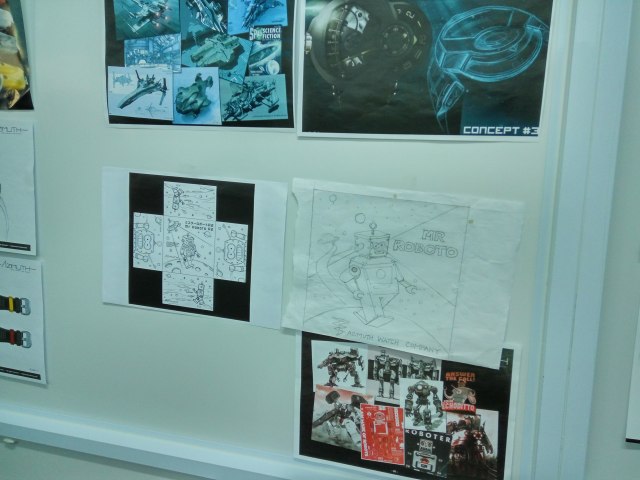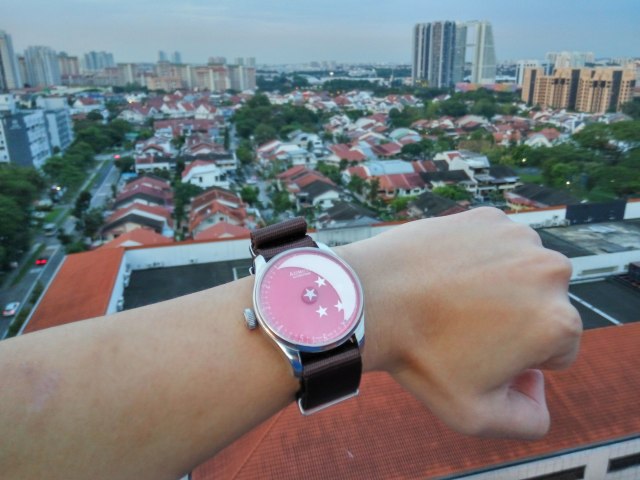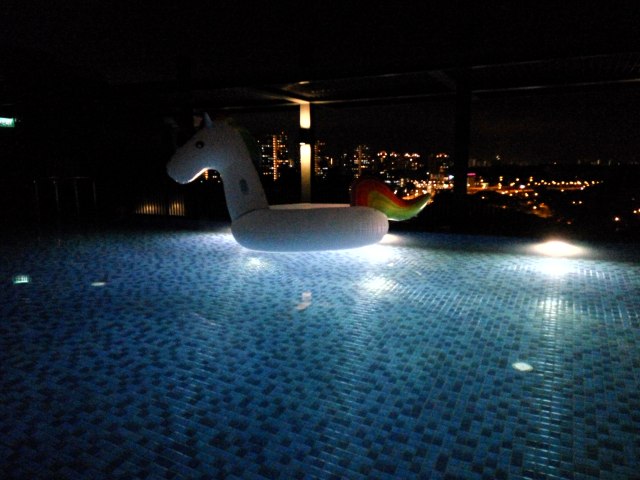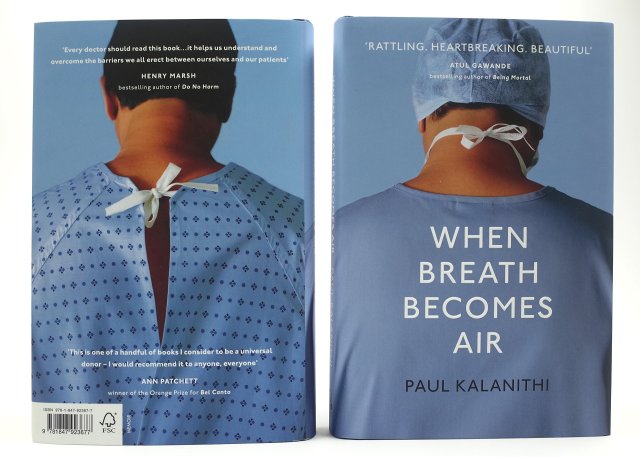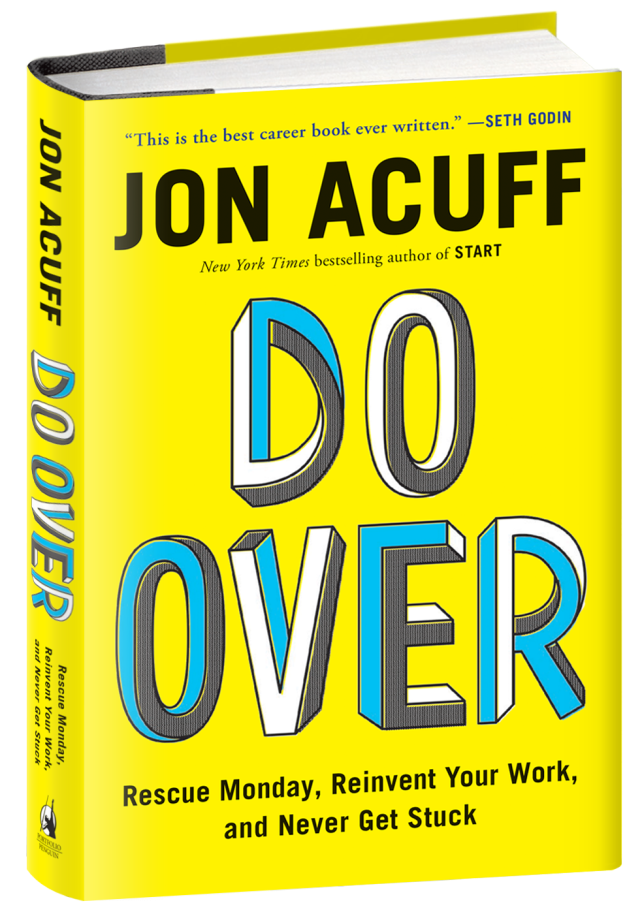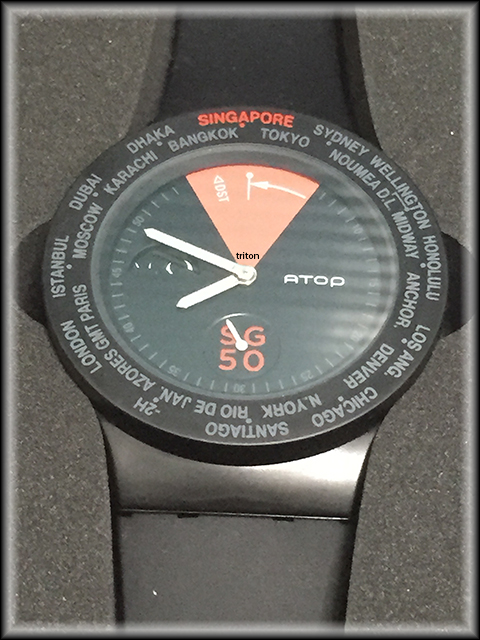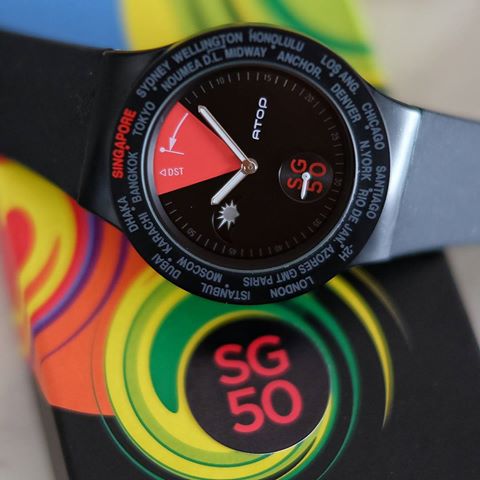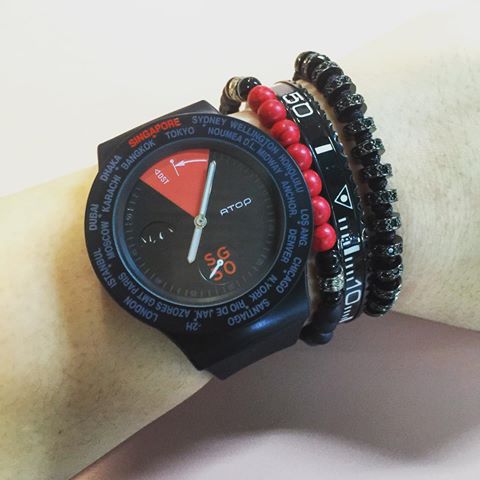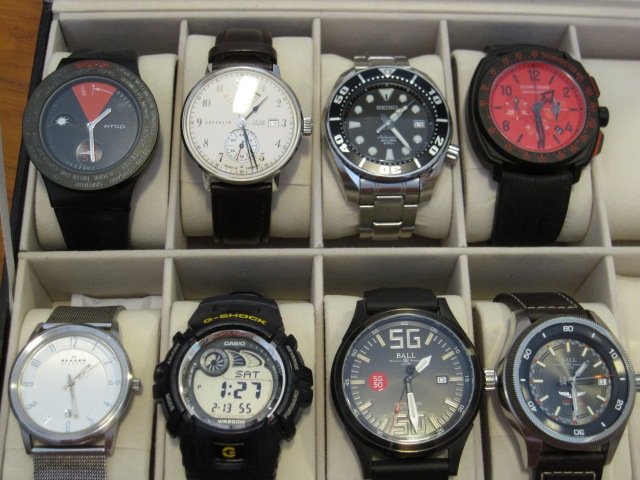The iTunes Store. There were many illegal file sharing websites like Kazaa, Napster etc. Steve wanted a legal way to download music. The music companies wanted to copy protect their music. Apple decided to work with Sony on that (Warner-Sony). Sony backed out and worked with Universal to create Pressplay. This was a subscription service to music. Steve hated stealing and piracy. Steve wanted the top 5 record companies to sell through the iTunes store. Steve wanted 99 cents per song, with the record company getting 70 cents. Musicians were unhappy that Steve allowed sale of single songs. According to him, tech companies don’t appreciate artists, and music companies don’t know technology. Steve convinced the music companies to sell through iTunes. Doug Morris was head of UMG. Steve had the vision that music companies were lacking. Morris loved Steve. He agreed to join Apple, instead of partnering with Sony. Sony was a good company, just that their divisions never collaborated and there was no synergy. Andy Lack was head of Sony Music. He knew that if Sony sold music through iTunes, Apple would be making a lot of money. He was angry by that fact. Eventually, Sony agreed to sell through iTunes. Persuading the record companies was one thing, now Steve had to approach the musicians. He went to the major artistes, including Bono, Mick Jagger etc. iTunes was released in Apr 2003. iTunes provided smoother and faster downloads. This was the turning point of the music industry. Microsoft was amazed at how Apple had managed to convince the record companies. Microsoft wanted to compete with iTunes. Microsoft tried to copy, but this time they couldn’t. Apple allowed the iPod to work with Windows. Steve was very against this initially. Apple also produced iTunes for Windows, so that more PC users could own an iPod. iTunes for Windows was launched in Oct 2003. Microsoft introduced Zune in 2006, 3 years later. It had very low market share. Sony’s divisions did not co-operate. This led to their downfall. Apple didn’t have divisional P&L. It was one P&L for the company. Steve was not afraid of cannibalizing yourself. Sony Connect was introduced. It was similar to iTunes. It failed miserably. In Jan 2004, the iPod Mini was released in the market. The iPod Mini was a huge success. In 2005, the iPod Shuffle was also a big hit. People loved to shuffle songs sometimes. ‘Embrace uncertainty’. Apple got rid of the screen. By 2007, iPod sales were half of Apple’s revenues. The iTunes was also a huge success. By June 2011, Apple had a database of over 225 million users.
With Andy, it was mostly about his big ego. He never really understood the music business, and he could never really deliver. I thought he was sometimes a dick. – Steve Jobs
With iTunes, it’s not stealing anymore. It’s good karma. – Steve Jobs
Steve Job’s ability to focus in on a few things that count, get people who get user interface right, and market things as revolutionary are amazing things. – Bill Gates
The older I get, the more I see how much motivations matter. The Zune was crappy because the people at Microsoft don’t really love music or art the way we do. We won because we personally love music. We made the iPod for ourselves, and when you’re doing something for yourself, or your best friend or family, you’re not going to cheese out. If you don’t love something you’re not going to go the extra mile, work the extra weekend, challenge the status quo as much. – Steve Jobs
If you don’t cannibalize yourself, someone else will. – Steve Jobs
It’s wrong to steal. It hurts other people. And it hurts your own character. – Steve Jobs
I don’t care much about computers, and kept telling him so, but he goes on for 2 hours. He was a man possessed. After a while, I started looking at him and not the computer, because I was so fascinated with his passion. – Wynton Marsalis, a famous jazz musician
Music Man (The Sound Track of His Life). Revealing your iPod to your friends can reveal what kind of person you are. Music reveals who you are. Steve liked the Beatles and Bob Dylan. He had a lot of artistes from the 1960s and 1970s. Steve liked Bach. Both the Brandenburg concertos and the Goldberg Variations. The second version was much darker and wiser. Steve also preferred the second version. Joni Mitchell was also his favorite artistes. Steve visited Dylan before one of his concerts. Steve was really nervous. Steve was really impressed with him. Artists knew that if they appeared in Steve’s ads, they would have added publicity. Dylan, to Steve, was still cool. After an ad featured him, he was top of the charts again. Beatles was still not on iTunes. Steve made sure they were eventually on it. Bono, from U2, wanted a riff from Vertigo played in an iPod commercial. iPod commercials featured silhouettes of artistes. Bono wanted a special version of the iPod released and royalties for each one sold. Eventually, Steve agreed to a deal with U2. Steve also like YoYo Ma, the famous cellist. He played Bach at Steve’s house. Steve teared by the sheer quality of his playing ability. Steve liked people who are pure. Pure with passion. He made YoYo Ma promise that he will play at his funeral.
He was one of my heroes. My love for him has grown over the years, it’s ripened. I can’t figure out how he did it when he was so young. – Steve Jobs, on Bob Dylan
The way we build stuff at Apple is often this way. Even the number of models we’d make of a new notebook or iPod. We would start off with a version and then begin refining and refining, doing detailed models of the design, or the buttons, or how a function operates. It’s a lot of work, but in the end it just gets better, and soon it’s like, ‘Wow, how did they do that?!? Where are the screws? – Steve Jobs
Steve (Jobs) can be sparky, but those moments have made us closer friends, because there are not many people in your life where you can have these robust discussions. He’s very opinionated. After our shows, I talk to him and he’s always got an opinion. – Bono, from U2
You playing is the best argument I’ve ever heard for the existence of God, because I don’t really believe a human alone can do this. – Steve Jobs, on YoYo Ma
Pixar’s friends and Foes. Lasseter set the tone at Pixar. He let the creative people do the work quietly and did not want to interfere excessively. Steve was more into deal making. Steve clashed with Katzenberg when he accused him of stealing the Bug’s Life from Pixar and adopting it for Antz at Dreamworks. Lasseter was super pissed with Katzenberg and didn’t speak to him. It was Lasseter who first revealed that Pixar was doing an animated film on insects. Antz was released in the market first. . The Bug’s Life did twice as well as Antz, thankfully. Although Steve and Katzenberg was still on talking terms, Steve never really forgave him. Steve wanted a HQ for Pixar. The building was Steve’s movie. The building was designed such that people would keep bumping into each other in a central area. Michael Eisner’s Disney started to get aggressive at Steve Jobs. Steve didn’t want to deal with Disney anymore. Finding Nemo became the biggest hit so far. Lasseter was upset with the breakup with Disney. Steve explained why they had to break up. To Steve, Eisner was a creative guy who performed well in his first 10 years when he had Frank Wells to run the operations for him. After he left, for the next 10 years, Eisner didn’t do such a good job. He had poor managerial skills. Treasure Planet and Brother Bear from Disney were poor performers. Now, Eisner realized how bad his animation team was. Both Eisner and Steve refused to compromise. Therefore, a divorce was inevitable. Eisner was soon axed and replaced with Iger. Steve now tried again at striking a deal with Disney. The iPod video was soon released. Iger and Steve struck a deal. The iPod would also be selling TV shows. This was collaboration between Disney and Apple. Since their animation team sucked, Iger explored the possibility of buying Pixar. Iger admitted they missed Pixar. Steve usually started negotiating by proclaiming the other party sucked. Lasseter was shocked when learning that Disney might want to buy Pixar. Disney produced to buy Pixar for $7.4 billion in equity. Lasseter did all the pitching in the acquisition deal. Eisner was against this and wanted the animation team to get their act together. Steve did the announcement to Pixar employees that Disney was taking over. Catmull would be head of Disney animation and Lasseter would be chief creative officer. It was like a reverse acquisition. Toy Story 2 was an even bigger hit.
My goal has always been not only to make great products, but to build great companies. Walt Disney did that. And the way we did the merger, we kept Pixar as a great company and helped Disney remain one as well. – Steve Jobs
There’s a classic thing in business, which is the second-product syndrome. I live through that at Apple. My feeling was, if we got through our second film, we’d make it. – Steve Jobs, on Pixar
There’s a temptation in our networked age to think that ideas can be developed by email and iChat. That’s crazy. Creativity comes from spontaneous meetings, from random discussions. You run into someone, you ask what they’re doing, you say ‘Wow’, and soon you’re cooking up all sorts of ideas. – Steve Jobs
The worst, thing, to my mind, was that Pixar had successfully reinvented Disney’s business, turning out great films one after the other while Disney turned out flop after flop. You would think the CEO of Disney would be curious how Pixar was doing that. But during the 20 year relationship, he visited Pixar for a total of about 2 and a half hours, only to give little congratulatory speeches. He was never curious. I was amazed. Curiosity is very important. – Steve Jobs
He has the absolute ability to make you believe. Suddenly, we all had the confidence that, whatever happened, Pixar would flourish. – Oren Jacob
One of the things that Steve and I are incredibly excited about is the intersection between great content and great technology. – Bob Iger
It’s night and day different from Eisner’s Disney. He’s straightforward, and there’s no drama with him. – Steve Jobs, on Bob Iver
Michael (Eisner), how come you say I can fix it, when you couldn’t fix it yourself? – Bob Iger
21st Century Macs. Setting Apple Apart. The iBook was released in 1999. The G4 was a huge success as well. Jobs wanted to mass market something to consumers. The Cube would not do so well as it priced too expensive. In 2000, Apple had disappointing revenue results. At one point, their share price fell to $15. Flat displays were the in thing then. Finally, Steve and Jony thought of a laptop design. Apple was the only company still trying to innovate. The PowerPC chips they were using was faster than Intel for a few years. Motorola could not keep us with chip development and Steve wanted to switch to Intel chips. The board decided that they had to move to Intel. They hammered out a deal which impressed Bill Gates. He was surprised that Apple’s PCs could transition so seamlessly with different chips. Steve was accused of taking excessive executive compensation with his stock options. It was never about the money for Steve. He wanted even more stock options. Apple tried to backdate his options. This was discovered by the SEC. Steve was eventually not charged for doing that.
Round One
Memento Mori. Steve predicted that 1997 was the cause of his cancer, when he worked on two jobs full time. His immune system was rather weak at that time. A CAT scan in 2003 revealed a tumor in the pancreas. Steve was in denial and didn’t want to do it. The doctor identified it as a tumor. It was a tumor which had a chance to be treated successfully. To everyone’s horror, Steve didn’t want to have surgery at first. He wanted to try other methods to cure himself. He was not ready to go for surgery. He thought he could cure himself by eating nutritious foods. Everyone kept advising him to take the surgery. Steve was still living in his distortion reality field. He liked to ignore things he didn’t know how to deal with. By July 2004, the cancer had spread. He underwent surgery in 2004. The doctors only removed part of the pancreas. Tim Cook took over the operations in Aug 2004. Because of the lack of protein in his diet, doctors advised him to take more meat. He refused. The bad news was that the cancer had spread. The cancer had spread to his liver. He underwent chemotherapy. He lied to his friends, saying that he was ‘cured’. He was 50 when he gave the commencement speech at Standford University. He wrote the speech himself. It was simply a graceful speech. Famous colleagues attended his 50th birthday. Cook was calm and decisive when he took over as temporary CEO. Steve made Cook COO in 2005. Steve let Rubinstein leave eventually. He hired a professor to develop case studies on Apple so that new executives could learn from top management. ‘Memento mori’: Remember you will die. This helped to keep things in perspective. Steve recovered temporarily and worked even harder. He became somewhat a better person after his cancer episode. Ive was still perplexed by his behavior. Steve felt the rules of social engagement didn’t apply to him. Gates and Jobs sat in for a joint interview in 2007.
I think Steve has such a strong desire for the world to be a certain way that he wills it to be that way. Sometimes it doesn’t work. Reality is unforgiving. – Laurene Powell
Remembering that I’ll be dead soon is the most important tool I’ve ever encountered to help me make the big choices in life. Because almost everything – all external expectations, all pride, all fear of embarrassment or failure – these things just fall away in the face of death, leaving only what is truly important. Remembering that you are going to die is the best way I know to avoid the trap of thinking you have something to lose. You are already naked. There is no reason to follow your heart. – Steve Jobs
Some people resent the fact that Steve Jobs gets credit for everything, but I’ve never given a rat’s ass about that. Frankly speaking, I’d prefer my name never be in the paper. – Tim Cook, new Apple CEO
I realized very early that if you didn’t voice your opinion, he would mow you down. He take contrary positions to create more discussion, because it may lead to a better result. So if you don’t feel comfortable disagreeing, then you’ll never survive. – Tim Cook
The iPhone. Three Revolutionary Products in One. By 2005, iPod sales were skyrocketing. It accounted for 45% of total revenue. The next step was to create a phone. A good phone competitor could cause iPod sales to plunge. Steve thought about partnering with Ed Zander, CEO of Motorola, to create a RAZR that could play music. Eventually, hardware and software with not in sync and integrated. Steve decided to work on his own model. Most of the phones in the market were too complicated. There was a huge market for phones. They wanted to modify the iPod. Eventually, they did away with the click wheel. The idea for the iPad came before the iPhone. A Microsoft kept revealing information about the tablet to Steve. Steve never liked the idea of a stylus. He made one without a keyboard and a stylus. His engineers took 6 months to come out with one prototype. Steve liked the idea of multi-touch technology. Apple bought over FingerWorks, a company dealing with multi-touch trackpads. Steve wanted rounded rectangles for the shape of the iPhone. They used anodized aluminum for the case and gorilla glass. Steve was impressed with Weeks idea of gorilla glass. It was technology developed in 1960s, but never utilized. Once again, Steve decided to change the design at the last minute. Jan 2007 was the release date for the iPhone. ‘It was a 3-in-1 device’. By end of 2010, it sold 90 million iPhones.
He’s always believed that thin is beautiful. You can see that in all of the work. We have the thinnest notebook, the thinnest smartphone, and we made the iPad thin and then even thinner. – Tim Cook
Round Two (The Cancer Recurs). In early 2008, the cancer was spreading. The pancreas failed to produce enzymes to digest proteins. He also still kept to a strict vegetarian diet, which made it worse. Their family hired a cook. His eating disorders got worse. The media soon was attacking Steve Jobs at hiding his health condition to the public. During the 3G iPhone launch, he was super thin. Apple said was it due to a common bug. Apple share price kept falling when Steve’s health got worse. Steve based out of an interview with Bill Gates, Andy Grove and Michael Dell. He also cancelled the Mac product show. In early 2009, he defended his absence by saying he wanted to spend more time with his family. He tried various forms of therapy overseas. It didn’t work. He decided to take medical leave in early Jan, 2009. Tim Cook would take over the daily operations. SEC wanted to accuse Apple of withholding material information about Steve’s health. The board at Apple was torn as to whether to reveal more information about his health. Fisher was now saying that Steve needed a liver transplant. However, there was a long waiting list. Steve was placed on 2 different states’ waiting list at the same time. The liver transplant was a success. There were tumors throughout his liver when it was removed. He nearly died at that time. Even when doctors tried to put the mask on him, he commented that the design sucked. Steve recovered from this episode and he was still as grumpy as ever. Apple’s stock fared well in the time that he was away. He faced the public again in Sept 9. He revealed that he received a liver transplant. He revealed the new iPod Nanos. At the beginning of 2010, it would be one of his more productive years.
To manage Steve, you have to be persistent. Eason managed Steve and forced him to do things that no one else could, things that were good for him that may not have been pleasant. – Tim Cook
The iPad. Into the Post-PC era. As usual, Steve kept tinkering with the design. Apple licensed the ARM architecture. They used the A4 chip instead, instead of dealing with Intel. Intel was too slow sometimes. The iPad was launched in Jan 2010. It was in between the iPhone and a laptop. Bill Gates and some of the media was not impressed with it. There were a lot of emails complaints that were sent to Steve Jobs. Steve wanted the next version of the iPad to emphasize on artistic creation. The response was mixed and there were some media groups who liked it. It was very intuitive and easy to use. Even a 6 year old could figure it out. Sales were extremely good. It was one of the most successful consumer product launch in history. Steve was angry with the quality of commercials and he wanted something better. It had to be a manifesto. It had to be big. The app store was becoming huge and it allowed people to do all sorts of things. They needed to empower develops to make lots of apps. Steve allowed outsiders to write apps, but they would have to meet standards and could only be sold through the iTunes store. The App store opened in July 2008. Apple was also competing with Amazon on ebooks. He allowed the publishers to set their own price but not the music companies to do so. Steve wanted to work with NY times to strike a deal.Steve refused to give out subscriber info to the NY times. He didn’t want the publisher to develop their own app and sell it through the iTunes store. He also succeeded in convincing a few magazine or newspaper publishers. Rupert Murdoch and Steve became quite close. Steve now wanted to target schools and replace textbooks with his iPad.
The reason Apple can create products like the iPad is that we’ve always tried to be at the intersection of technology and liberal arts. – Steve Jobs
New Battles (And Echoes of Old Ones). Google created the Android operating system to compete with Apple in the phone market. Eric Schmidt was on the Apple board and Larry Page/Sergey Brin were close to Steve as well. He was pissed. Their multi-touch device was also similar to the iPhone. Steve tried to dissuade them from creating the Android. Apple sued HTC (as they were the first to create the multi-touch device). Steve wanted to destroy the Android. Google Docs was shit to Steve. There was always the debate between open and closed systems. Schmidt admitted that Apple always believed in a closed system. An open system would lead to more options and consumer choice. Apple want to ban apps that defamed people, were politically explosive or deemed to be pornographic. He had a verbal sparring with Tate regarding censorship of apps. Apple doesn’t want to be seen as restricting freedom by choosing the apps they wanted to display. Others starting seeing Steve and Apple as being very arrogant. Design vs engineering was a big problem at Apple. Whenever the engineers couldn’t do something, Steve would persuade them to keep trying. For the iPhone 4, if you held it in a certain way, one could lose connection. It became the Antennagate problem. Steve Jobs gave a press conference to the public to address this. He allowed people to return their phones. Only 1.7% did as the problem was not too serious. iPhone was the best selling product. The Beatles were finally released on iTunes in a special edition.
Adobe Flash is a spaghetti-ball piece of technology that has lousy performance and really bad security problems. – Steve Jobs
To Infinity (The Cloud, the Spaceship, and Beyond). The iPad 2. Steve wanted to add back and front cameras. He wanted it slimmer. He wanted a detachable cover that was magnetically controlled. It was a smart cover. This cheeky cover impressed many people. He was there for the product launch in Mar 2011. Globalization effects were everywhere, even in Turkey. He kept trying to design a boat again. He was determined to keep working on the boat’s design. It was his twentieth wedding anniversary. In 2008, he predicted that cloud computing would be the next big thing. He was right on that. iCloud was launched in June 2011. He was still on medical leave. However, he desperately wanted to give the speech. Steve looked weak. Everything would now be moved to the Cloud. Steve bought the Cupertino campus. He wanted a showcase HQ. Sir Norman Foster was the architect for the project.
It’s like a spaceship has landed. I think we have a shot at building the bet office building in the world. – Steve Jobs
It’s in Apple’s DNA that technology alone is not enough. We believe that it’s technology married with the humanities that yields us the result that makes our hearts sing. Nowhere is that more true than in these post-PC devices, – Steve Jobs
Living with a disease like this, and all the pain, constantly reminds you of your own mortality, and that can do strange things to your brain if you’re not careful. You don’t make plans more than a year out, and that’s bad. You need to force yourself to plan as if you will live for many years. – Steve Jobs
I’m very lucky, because you just don’t know what you’re getting into when you get married. You have an intuitive feeling about things. I couldn’t have done better, because not only is Laurene smart and beautiful, she’s turned out to be a really good person. – Steve Jobs
I want to leave a signature campus that expresses the values of the company for generations. – Steve Jobs
Round Three (The Twilight Struggle). He had a burning desire to see his son graduate from high school. Unlike his dad, Reed was empathic and affectionate. He loved Steve. The moment his Dad had cancer, Reed spent time at the oncology lab to study about cancer markers. Reed could interact with many of the famous doctors. Reed wanted to combine biology and technology. He had a playful and warm personality. He wanted to be a cancer researcher when he grew up. At his high school graduation, Steve was elated. Erin, Steve’s daughter, was not very close to Steve as she was sensitive and quiet. Steve didn’t want to take her for any important events. Erin was fine with Steve treating her this way. Steve took the whole family to Kona Village for holiday. He even took them to Kyoto. Steve liked sushi and soba. The trip to Kyoto was also a spiritual one. Eve, Steve’s other daughter, wanted to be a horseback rider at the Olympics and was determined to get there. She was also a very sensitive girl. In Feb 2010, Steve turned 55. His health was now better. Powell arranged for Steve to meet President Obama. However, Steve was unwilling to meet him as he felt it was very ceremonial. Eventually the meeting lasted 45 minutes. He wanted Obama to make things more business friendly as there were too many regulations. Also, the American education systems had too many union work rules. He also wanted interactive educational materials. Steve wanted foreign engineering graduates a visa to stay in the US. He also wanted more trained engineers. His third medical leave took place in 2011. He lost his appetite and felt pain in his body. In Nov 2010, he had to be fed through tube. However, he didn’t want his condition to be leaked out. He had no appetite anymore. He also became increasingly emotional. In 2011, there was evidence of new tumors. At this stage, he was moaning in pain. Since young, he knew he could induce euphoria and ecstasy by fasting. He was absolutely ignorant about the need for medication or to seek professional help. Tim Cook was once again put in charge of Apple’s operations. His treatment was not integrated but taken care by many different specialists. Steve had his genes sequenced. This molecular therapy was better than chemotherapy. Lisa got back in touch with Steve then. Lisa was 32 then. Steve Jobs even told Larry Page how to build great companies. Bill Gates also came to pay a visit. They had a nice warm chat. That Day Has Come. Steve wanted to create an integrated television set that would be synced on the iCloud. By July 2011, the cancer had spread to the other parts of his body. He spent almost all his days watching television. The author met him in Aug 2011. Steve was too weak to get out of bed. Steve showed a few family pictures to Walter Isaacson. Steve wanted the author to write about him while he was still alive so that he could project a better account of himself. He knew he would not be returning to CEO anymore. In Aug 24, he announced the decision to the board that he was stepping down. The directors praised his contributions to the firm. Resolutions were passed on who would succeed him. It was decided that Tim Cook would succeed Steve Jobs. The board gave Steve a hug.
She’s a pistol and has the strongest will of any kid I’ve ever met. – Steve Jobs, on Eve
Like many great men whose gifts are extraordinary, he’s not extraordinary in every realm. He doesn’t have social graces, such as putting himself in other people’s shows, but he cares deeply about empowering humankind, the advancement of humankind, and putting the right tools in their hands. – Laurene Powell
That’s how I’m going to spend part of the time I have left. I can help the next generation remember the lineage of great companies here and how to continue the tradition. The Valley has been very supportive of me. I should do my best to repay. – Steve Jobs
I’ve had a very lucky career, a very lucky life. I’ve done all that I can do. – Steve Jobs
Legacy. The Brightest Heaven of Invention. His personality was reflected in the products Apple created. He was super intense at times. This could be either charming or terrifying. He had a binary view of the world and of almost everything. He wanted end-to-end control of every product. Steve always looked to integrate hardware and software. ‘Open’ VS ‘Closed’ software. Steve also had a good ability to focus and to filter out distractions. Everything was about simplicity and elegance. He was a brutally honest guy. He had a nasty personality and was mean to others. This had an advantage when he got people to do things they never dreamed of. He was both good at sizing up the big picture and also the minute details. His inventions are as follows (The Macintosh; Toy Story and other Pixar blockbusters; Apple stores; The iPod; The iTunes store; The iPhone; The App Store; The iPad; iCloud etc). He was a genius at sensing what lay ahead. Steve can be placed alongside Edison and Ford. The products were the motivation, not the profit. Sculley wanted to make money. Figure out what the customer wants and not give them what they want. You need good foresight of that. Being closed allow you to control the experience. Bill Gates was more of a business guy than a creative guy. Xerox and IBM let the salespeople run the show. They didn’t understand the product well. I wanted a company to last. He wanted everyone to be brutally honest with each other.
I hate it when people call themselves entrepreneurs when what they’re really trying to do is launch a startup and then sell or go public, so they can cash in and move on. They’re unwilling to do the work it takes to build a real company, which is the hardest work in business. – Steve Jobs
What drove me? I think most creative people want to express appreciation for being able to take advantage of the work that’s been done by others before us. I didn’t invent the language or mathematics I use. I make little of my own food, none of my own clothes. Everything I do depends on other members of our species and the shoulders that we stand on. And a lot of us want to contribute something back to our species and to add something to the flow. It’s about trying to express something in the only way that most of us know how – because we can’t write Bob Dylan songs or Tom Stoppard plays. We try to use the talent we do have to express our deep feelings, to show our appreciation of all the contributions that came before us, and to add something to that flow. That’s what has driven me. – Steve Jobs
